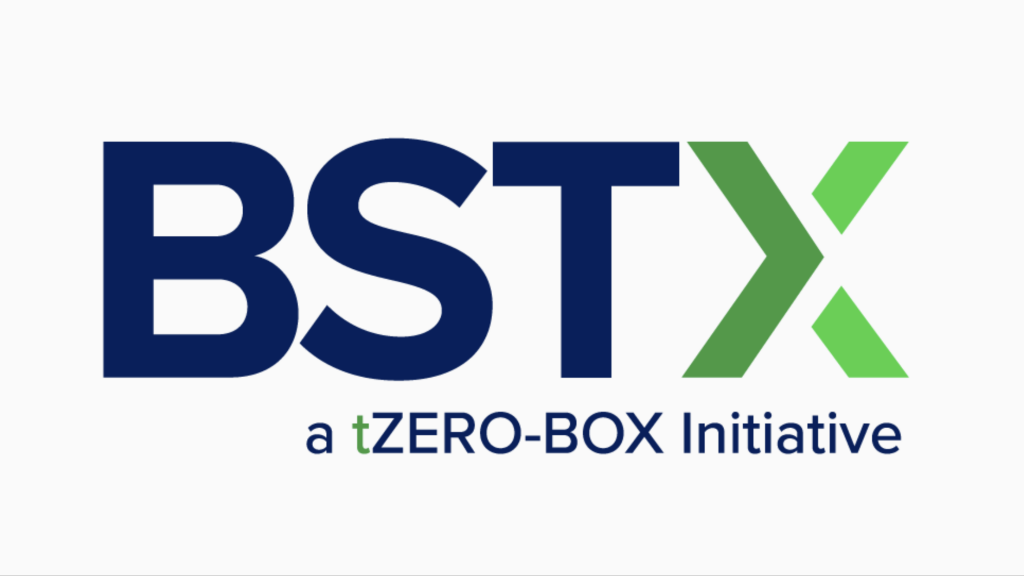By Tim Fries at The Tokenist
Announced October 17th 2019, the U.S. Securities and Exchange Commission (SEC) has published a rulebook for security token trading. The rulebook was created by the Boston Security Token Exchange (BSTX).
The BSTX Security Token Rulebook Explained
Back in May of 2019, BSTX submitted a rulebook to the SEC concerning the regulated trading of security tokens.
Now, the SEC has published that rulebook. According to executives from BSTX, public comments and feedback are welcome to drive the security token ecosystem forward.
Lisa J. Fall, CEO of BSTX, said,
“The publication of the BSTX Rulebook is an important milestone as we work towards regulatory approval. We believe the proposed rules provide a safe and transparent means for the trading of digitally enhanced securities. We welcome the public to comment or provide feedback on our proposal.”
In the summer of 2018, BSTX was formed by BOX Digital Markets and tZERO Group. BOX provides strategic leadership and regulatory counsel, while tZERO manages technology, admin, maintenance, and support.
tZERO is a subsidiary of Overstock.com, and also operates a security token exchange which went live in early 2019.
Fall went on to outline the potential that security tokens have to disrupt capital markets:
“The trading of security tokens on a regulated securities exchange will pave the way for further innovation in the financial markets. These digitally enhanced securities are an important, responsible step in the adoption of tokenization. Tokenization has the potential to make the capital markets more accessible, efficient, inexpensive, and secure, thereby benefiting all market participants.”
So far, the security token industry has seen more than 60 successful Security Token Offerings (STOs), which collectively raised almost $1 billion.
SEC Chairman Jay Clayton has publicly stated how nearly every ICO he has seen, constitutes a securities offering. The result has been an ongoing transition from the ICO to the STO for the sake of regulatory compliance.
So far, regulated real-world assets to include equity, real estate, investment funds, and even fine art have seen the benefits of tokenization.




